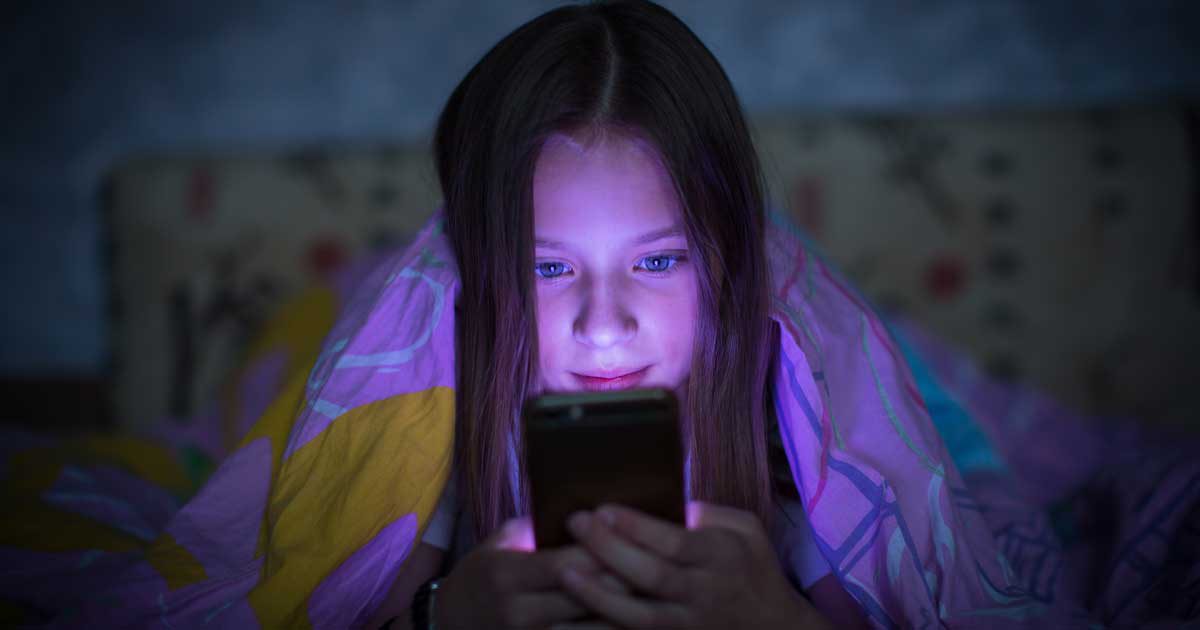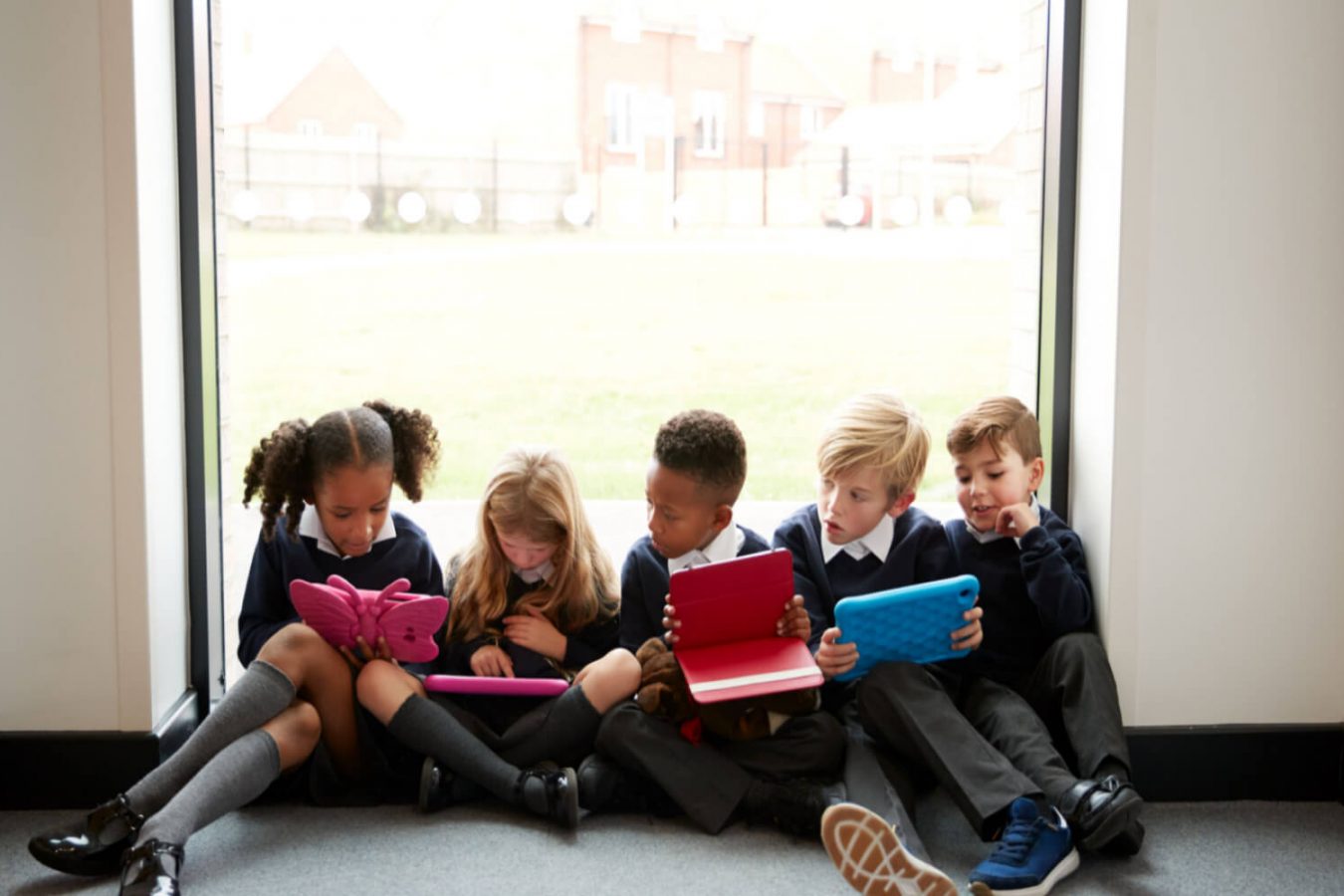
The growing problem of school refusal, the agonies of Mum Guilt, and why parents must model good screen behaviour for their children.
Our selection of thought-provoking and useful resources from around the web on educating and raising children, and supporting families.
‘Families can fall apart over this stuff’: the children refusing to go to school
(Sophie Black, The Guardian)
It’s the daily, painful question that Sylvie, a mother of two, faces every school day. Will her son Jack, 9, make it to school?
Her family is caught in the emotional and highly stressful world of school refusal – although the term itself suggests some kind of easy fix, like making a child attend.
‘When I tell people – even friends – that he has school refusal they will say things like “so you just let him stay home?”,’ she says. ‘But this is nothing like a kid just wanting a day off.’
In Jack’s case, it’s caused by extreme separation anxiety. And as the headline to this article states, it’s something that puts enormous stress on families and their ability to function.
This is a compelling deep dive into an issue affecting many Australian families.
Read the full articleMother guilt: If you’ve escaped its claws, patent the antidote
(Madonna King, The New Daily)
The relief the author felt when a doctor told her allergies could be handed down to children by extended family was palpable.
It wasn’t her fault – and it wouldn’t be something contributing to the gnawing, agonising feeling of ‘mum guilt’.
‘Mother guilt. It’s a thing, and if it’s not for mothers reading this, I want to understand your magic,’ she writes.
The article includes a long list of ‘what ifs’ that come with hindsight parenting. As the author notes, these questions run on a loop for many mothers. And the question. ‘Did I do the right thing?’ grows in frequency as children get older.
Read the full article
How parents' internet addiction can fuel their children's – and what to do about it
(Raian Ali, The Conversation)
It’s sometimes easy to think of the problem of kids being glued to screens is one that is only about what children are doing.
This article, based on new research, shows that part of the problem lies much closer to home – parents can share part of the blame through their own screen use, and the behaviour they model.
‘The results showed a direct relation: the more addicted the parents, the stronger their children’s compulsions were.’ the author writes. ‘Setting an example is a powerful form of parenting. The way parents use technology is no exception.’
Problem confirmed, the article goes on to offer some solutions. The ideas explored include forging a closer connection with our child, your own self-discipline when it comes to screen use, and not relying solely on parental controls.
Like this post? Please share using the buttons on this page.
Read the full articleStay up to date with our newsletter here


